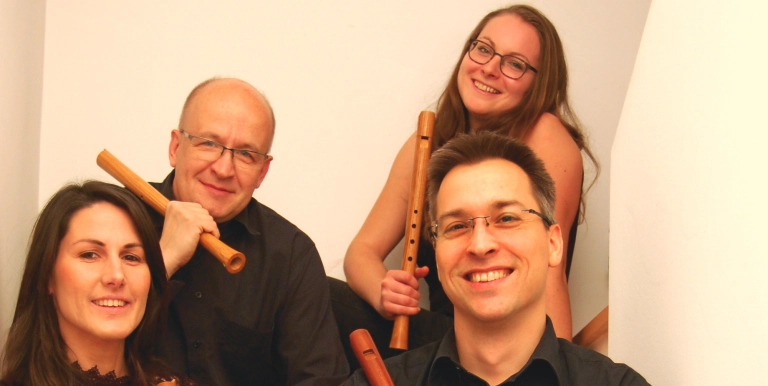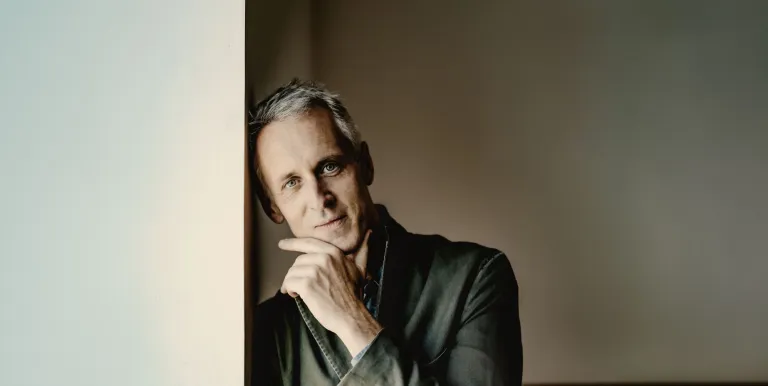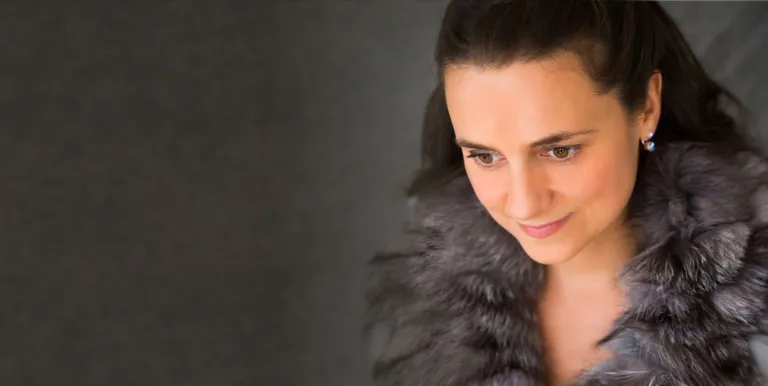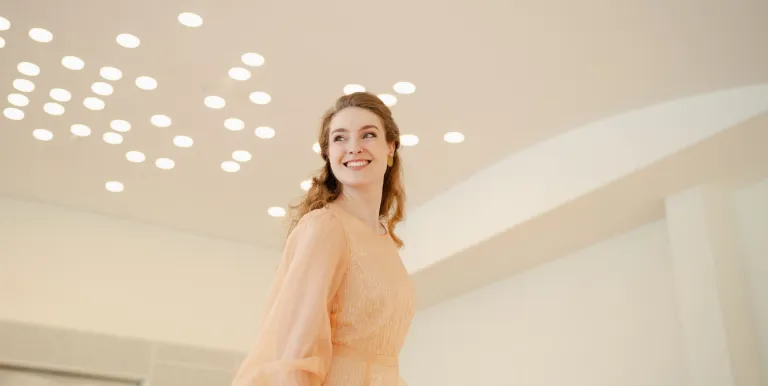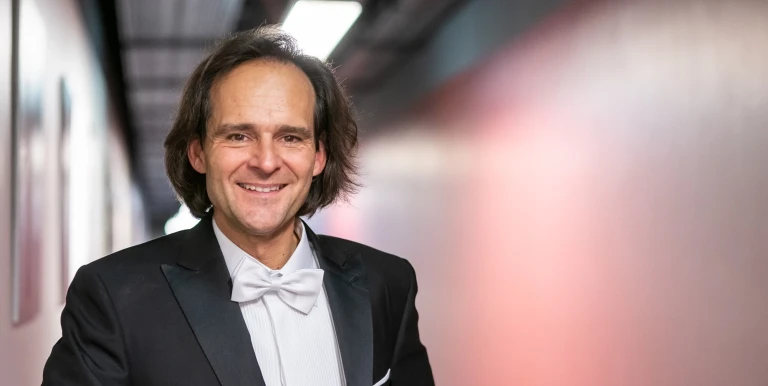Featuring:
Obrecht
Salve crux, arbor vitae (five-part motet)
Obrecht
Three Flemish songs for four parts
- Als al de weerelt
- Den haghel ende die calde snee
- Ic draghe de mutse clutse
Josquin des Prez
Plaine de dueil
Josquin des Prez
Incessament
Josquin des Prez
Plusieur regretz
Arcadelt
Three madrigals
- Il bianco e dolce cigno
- Dunque credet ch'io
- O, s'io potessi
Gombert
Tribulatio et angustia (five-part motet)
Rore
Three madrigals
- Signor mio caro
- Io canterei d'amor
- La bella netta'ingnuda
Willaert
Sustinuimus pacem - Peccavimus cum patribus nostris (five-part motet)
Few people realise what a varied and colourful sound that an ensemble of five recorders can produce. This instrument, which enjoyed its flowering in the Renaissance period, was differentiated according to musical pitch, giving birth to a large family of instruments, each capable of extraordinary musical feats for such a simple construction.
This programme of the Cipriano Consort reveals the ability of the recorder - or rather, recorders of various ranges - to replace an entire chorus: the four and five-part songs, chansons, madrigals and motets that feature on the programme were originally vocal compositions. According to the custom of the age, however, the notated parts did not specify the obligatory use of a specific instrument (or singing voice). The performer needed to know which melody, or which accompanying instruments (or high or low-pitched voice), belonged to which part. All of the composers featuring on the programme - Jacob Obrecht (1457/8-1505), Josquin des Prez (1450/55-1521), Jacques Arcadelt (c. 1507-1568), Cipriano de Rore (1515/16-1565), Nicolas Gombert (c. 1495-c. 1560) and Adrian Willaert (c. 1490-1562) were born in the Low Countries. Although most lived their lives in the service of eccelesiastical institutions, they also composed many secular works which they published in various collections, such as in volumes of madrigals.
Presented by: Müpa Budapest
-
We wish to inform you that in the event that Müpa Budapest's underground garage and outdoor car park are operating at full capacity, it is advisable to plan for increased waiting times when you arrive. In order to avoid this, we recommend that you depart for our events in time, so that you you can find the ideal parking spot quickly and smoothly and arrive for our performance in comfort. The Müpa Budapest underground garage gates will be operated by an automatic number plate recognition system. Parking is free of charge for visitors with tickets to any of our paid performances on that given day. The detailed parking policy of Müpa Budapest is available here.

